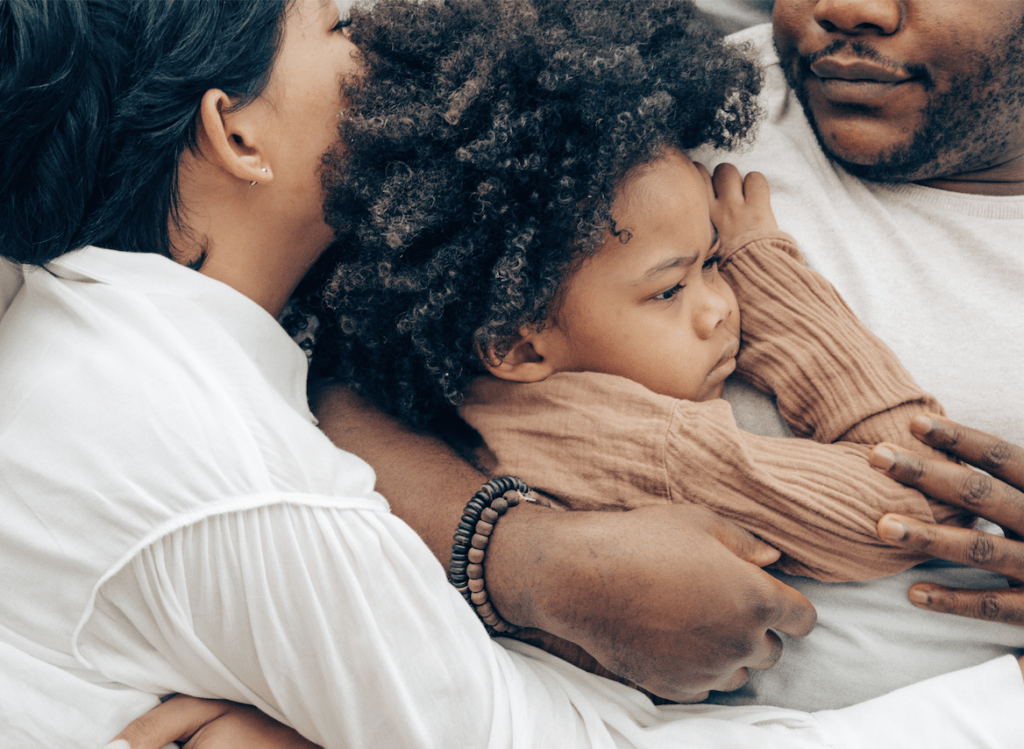How To Help Highly Emotional Children Cope With Big Feelings!!

At any age, crying is a normal response to being overwhelmed by strong feelings, like anger, fear, stress, or even happiness. Some children, however, cry more than others. Those same children may get angry more often, feel frustrated faster, and get overly excited compared to their peers too.
The ability to regulate big emotions is largely dependent on age and development. Experiencing things more intensely is also sometimes just part of who someone is.
Big emotions can make life a little more difficult for these children unless they learn how to engage in emotion regulation. While this is naturally learned over time, there are ways you can help your child cultivate emotional awareness and adopt healthy coping skills.

- Notice and name your emotions: It is hard to deal with your emotions if you can’t identify them. Teach your child to identify their emotions and name them when they appear. This can help when big feelings like anger arrive. Teach them to say, “I am feeling angry” or “I am feeling sad.”
- Understand what behavior is acceptable: Having emotions is okay but hurting people is not. Make sure there are clear guidelines on what is appropriate behavior for your child, even during difficult times. Make it clear that hurting others or breaking objects isn’t acceptable, no matter what the circumstance is
- Count to ten: When emotions are taking over, get your child to count to ten before taking any action. It gives them some time to cool down before things get out of hand. Counting can also help you to have a moment to create composure and make sure you deal with the event calmly too.
- Breathe slowly: In the same way that counting gives your child some time to calm down, breathing slowly can help to bring some calm back to the situation too. Practice slow, measured breathing during other times as well so your child knows what to do when they’re experiencing difficult emotions. Practice breathing in to the count of four and out to the count of four. It can help connect your child to the feeling of what is happening inside their body and allows them to identify the emotion and how it feels for them.
- Ask for help: Let your child know it is always okay to ask for help. While you want to set your child up to be able to deal with difficult emotions on their own, they are not always capable. Let them know you are there to help if they come across a situation, they feel they can’t deal with on their own.
- Take time to calm down: When outbursts occur, allow your child to take some time out away from everyone else to calm down. Provide books or music in a quiet space where they can re-group. As your child becomes more familiar with the quiet space and how it affects them, you may find they take themselves there before an outburst occurs.
Dealing with difficult emotions is tough, especially for kids. Follow these steps and you’ll be able to help your child deal with their big emotions wherever they occur.
A little extra support, direction, and patience from you may be all they need to learn how to handle their emotions in appropriate ways. The process can be overwhelming at times, but the work you put into it can benefit your child for a lifetime.

Keep in mind that there can be a significant plus side to this, too: Kids with big emotions usually feel all emotions intensely. This means that while your overly emotional child may feel extreme anger, they may also be very empathetic or a passionate leader. While they may feel frustration at a level 10, they may feel happiness and excitement at that level too.
SAMIRA RAZZAK





